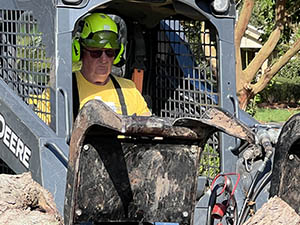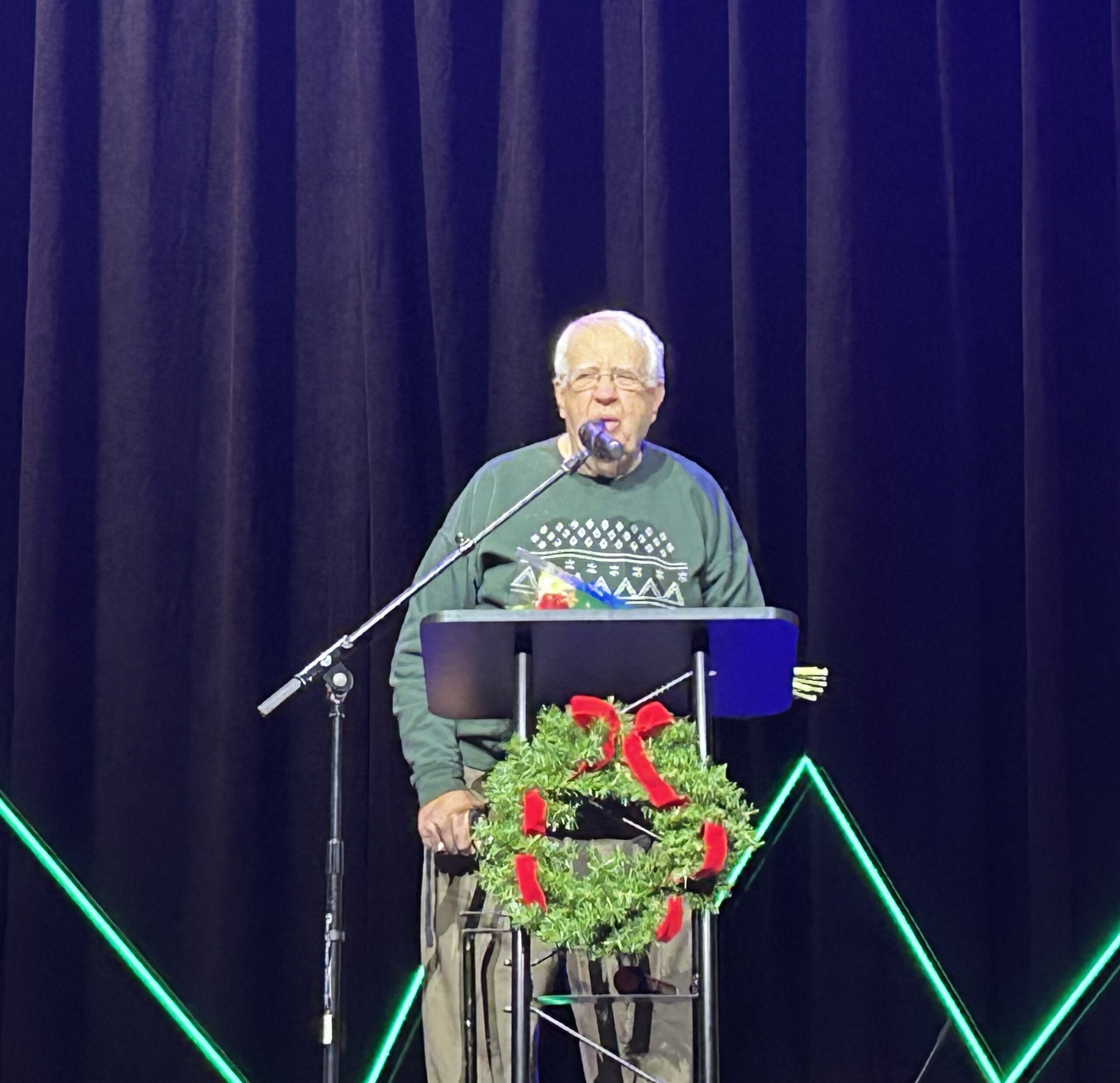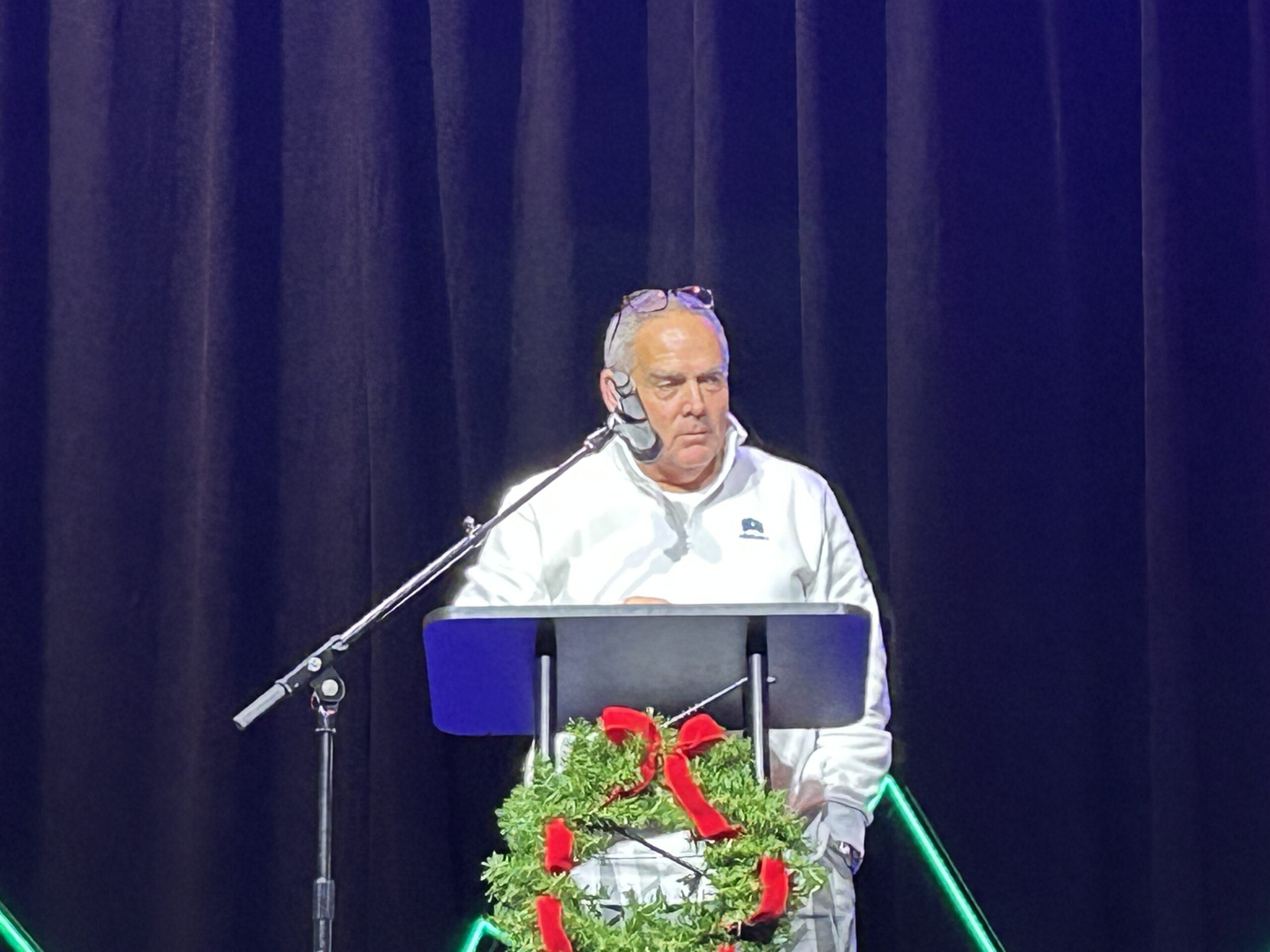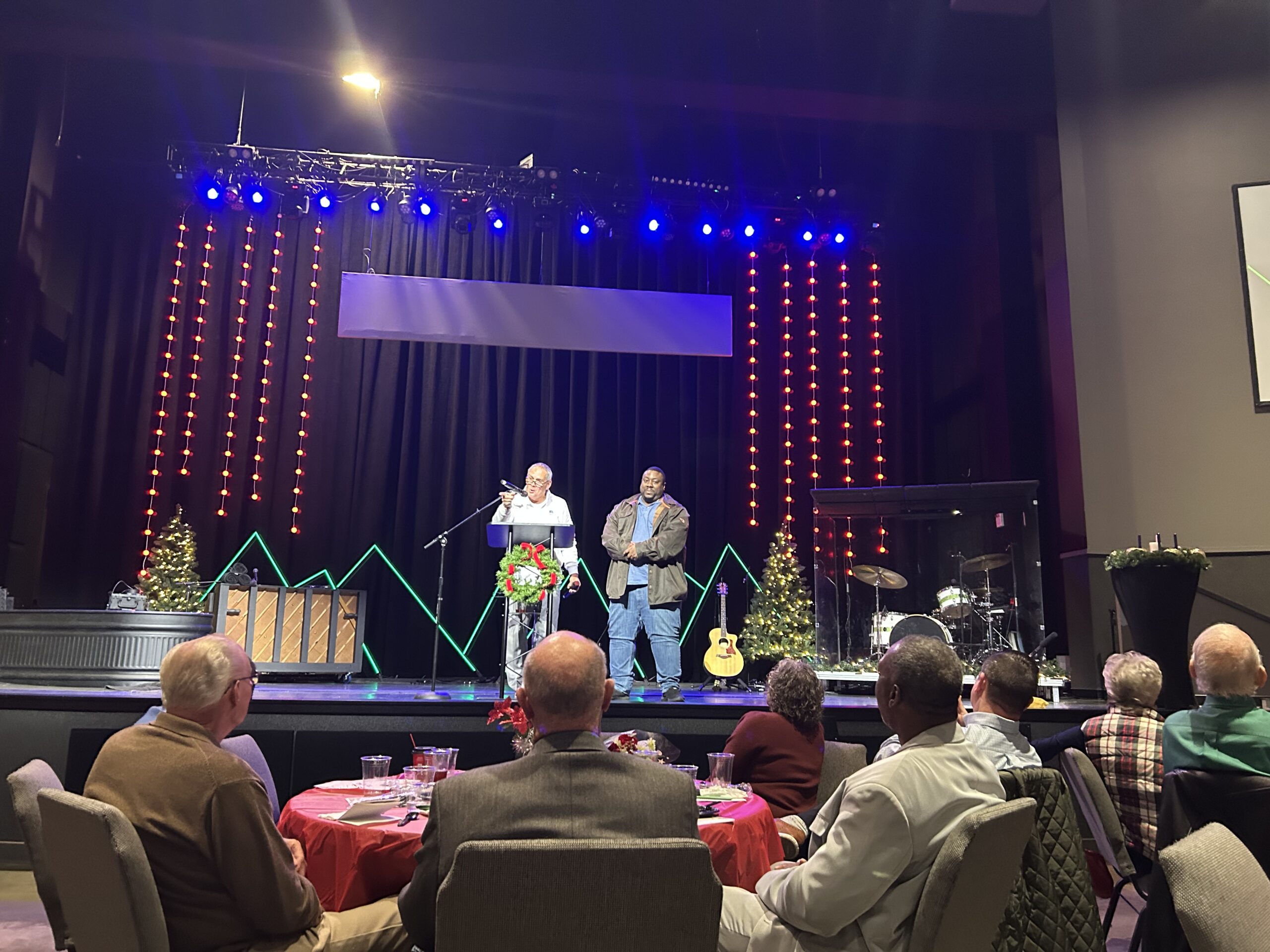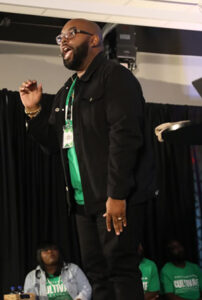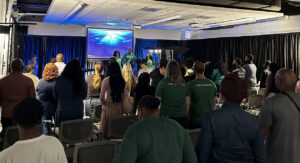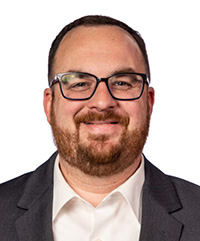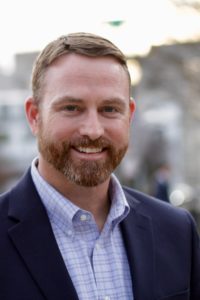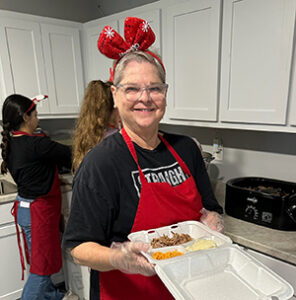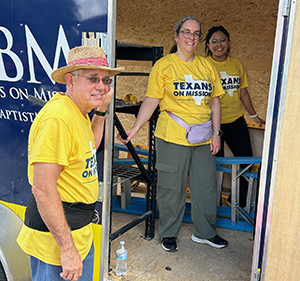Senate committee considers cost of school vouchers
The Legislative Budget Board estimates the cost of the Texas Senate’s school voucher bill could increase from $1 billion in 2027 to more than $3.75 billion in 2030.
But some Christian advocates for public education told a Senate committee the cost could be even greater in terms of the damage school vouchers would do to the principle of separation of church and state.
In a Jan. 28 fiscal note, the Legislative Budget Board reported the estimated impact of Senate Bill 2 would create an education savings account program designed to help parents pay for their children’s private-school education with public funds.
Both Gov. Greg Abbott and Lt. Gov. Dan Patrick have expressed strong support for the education savings account program.
Jerry McGinty, director of the Legislative Budget Board, reported the Senate bill could have a cumulative $11 billion negative impact on general revenue funds over four years.
McGinty directed the fiscal note to Sen. Brandon Creighton, chair of the Senate Committee on Education K-16 and sponsor of Senate Bill 2, shortly before his committee heard about eight hours of testimony on the bill.
The fiscal analysis of the program projects half of Texas students currently in private schools would apply for the education savings accounts.
Senate sponsor insists program promote ‘education freedom’
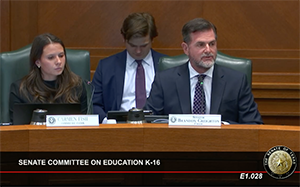
Creighton dismissed the Legislative Budget Board estimate as a “fairy tale” projection, insisting lawmakers would have the power to control costs of the education savings account program through the appropriations process.
The proposed education savings account program would offer “expanded education freedom to our students and our families” in Texas, Creighton asserted.
The program differs from school voucher programs in many states since funds would not go directly to parents but would be disbursed through the state controller’s office directly to eligible education providers, he insisted.
“This is an education savings account with the strongest anti-fraud provisions in the country,” he said.
Of the $1 billion allocated for the program in the proposed budget, $200 million would be available to any students, and $800 million would be earmarked for special-needs children and “low-income” families.
The Senate bill broadly defines “low-income” families as those making five times the federal poverty level. That means a single parent making $105,000 a year—or a family of four making more than $150,000 a year—would qualify.
Violates ‘bedrock constitutional principle’
“Vouchers subsidize the wealthy at the expense of the poor,” Charles Foster Johnson, a Baptist minister and executive director of Pastors for Texas Children, stated in testimony before the Senate Committee on Education K-16.

Johnson characterized the bill as providing “a handout from the public treasury that flings the door wide open to misuse, greed and corruption.”
A program that would redirect public funds to private religious schools violates the separation of church and state, said Johnson, interim senior pastor of Second Baptist Church in Lubbock.
“The state of Texas has zero authority to underwrite religious private schools, nor to intrude into the operation of those schools. Vouchers do both,” he said. “All genuine faith is voluntary and neither needs nor should accept public funding.
“Universal education for all God’s children is a basic human right according to all people. It is provided and protected by the public and is constitutionally guarded by Texas law. The responsibility of this Senate is to ‘public free schools,’ not private schools.”
Charles Luke, coordinator of the Coalition for Public Schools, similarly asserted the education savings account program “violates the separation of church and state by allowing the transfer of taxpayer funds to private religious schools.”
“This is a bedrock constitutional principle, which protects religious freedom in our country by ensuring that the state does not establish a favored religion through funding or any other means and guarantees the free exercise of religion without government intervention,” Luke continued.
Luke, the director of advocacy with Pastors for Texas Children, also pointed to the fiscal costs of similar programs in other states, pointing to Florida, Indiana and Arizona as examples.
“Arizona’s voucher experiment has since caused a budget meltdown,” he said. “The state this past year faced a $1.4 billion budget shortfall, much of which was the result of the new voucher spending.”
Three-fourths of the “universal empowerment savings account” vouchers in Arizona go to students who already were attending private schools and never previously attended public schools, he added.

